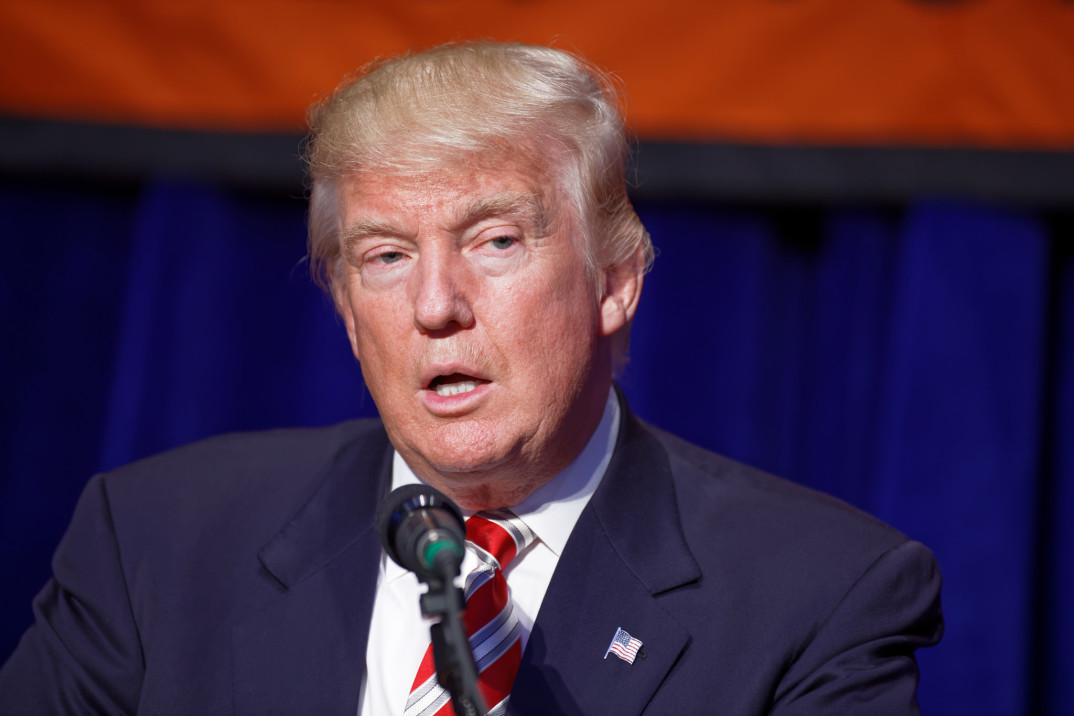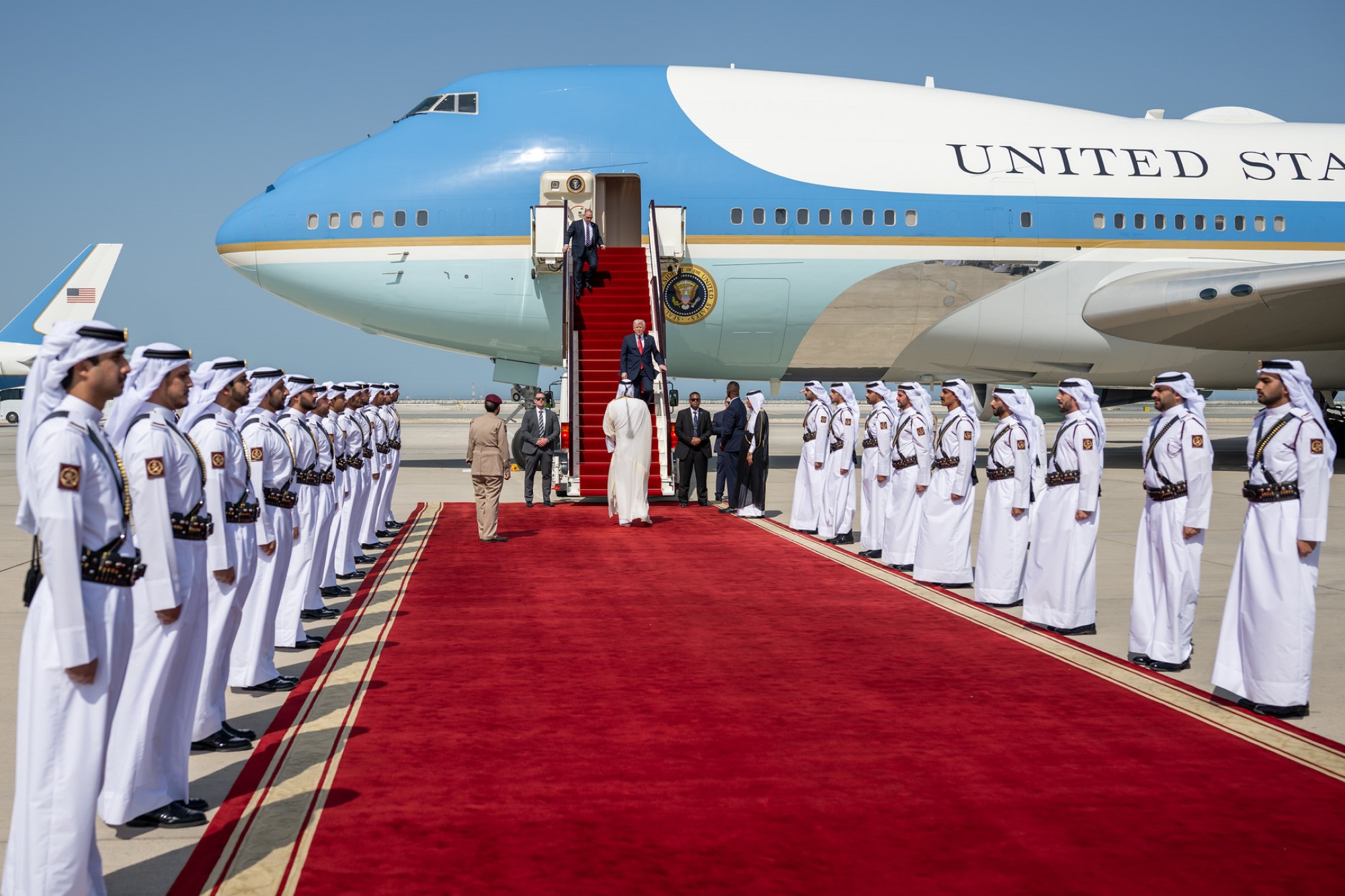Making Sense of Trump’s Wiretapping Accusations
At 3:35am on March 4, President Donald Trump tweeted an accusation that former President Barack Obama wiretapped the phones in Trump Tower prior to the election. Trump compared it to Watergate and called Obama “sick.” A spokesperson for Obama quickly and strongly denied the allegations, stating that “neither President Obama nor any White House official ever ordered surveillance on any U.S. citizen.” FBI Director James Comey asked the Justice Department to immediately reject the president’s allegations on the grounds that it falsely implies that the FBI broke the law.
Trump’s allegations come after a series of revelations about the Trump administration’s potential connections to Russia and reports that Vice President Mike Pence used a private email server to conduct state business while governor of Indiana. In the wake of an ongoing FBI investigation into the Trump-Russian connections and Democratic calls for congressional hearings, Trump is trying to retaliate with a congressional investigation of the former president. The following morning after Trump leveled the accusations, the White House did not back down, but refused to comment further and provided no additional evidence. The Deputy Press Secretary cited several news reports on ABC News, none of which actually backed up the president’s claim, a fact noted by the host.
While it appears that the accusations are completely baseless and without any source material, accusations of criminality of a former president by a current president without sound evidence is a threat to the peaceful transfer of power that America prides itself on. Trump’s threats to “lock up” Hillary Clinton during the campaign raised concerns about the transfer of power, but accusing a former president of a Watergate-level scandal with no information is unprecedented. By accusing criminality of a former president in the midst of serious allegations against his own administration, Trump is further inflaming partisan tensions and attempting to distract from potential issues with his own administration by putting pressure on the former president. Former presidents also often enjoy a level of collegiality and at minimum respect for one another, regardless of partisan affiliation; it’s sometimes called “the presidents club.” Trump’s accusations threaten the relationship between sitting and former presidents.
The fact that the theory apparently comes solely from allegations from alt-right news sources is equally concerning. Having a president take action based on fringe sources that did not produce any original reporting, instead merely claiming to have made some links between news stories, is concerning. A president should take action when information is presented that is backed up by strong, factual evidence, not contingent on questionable sources and tenuous links between reports with inferences made. Furthermore, the fact that the sitting FBI Director challenged the truthfulness of a sitting president is particularly interesting, demonstrating the the institutions operating within the executive branch are concerned about the president’s belief in questionable reports and acknowledge that he may be misleading the public.
While Trump’s tweet storms have raised concerns before as unpresidential actions, now they have began to threaten the health of the democracy. If American democracy devolves into the current president baselessly accusing the former president and those he disagrees with of criminal actions against him, that threatens the very institutions that keep American democracy sound and government functioning. And while more information about Trump’s accusations and their political consequences are likely to continue to play out in the coming weeks, the ramifications if the allegations remain unproven could further shake the president’s credibility.





